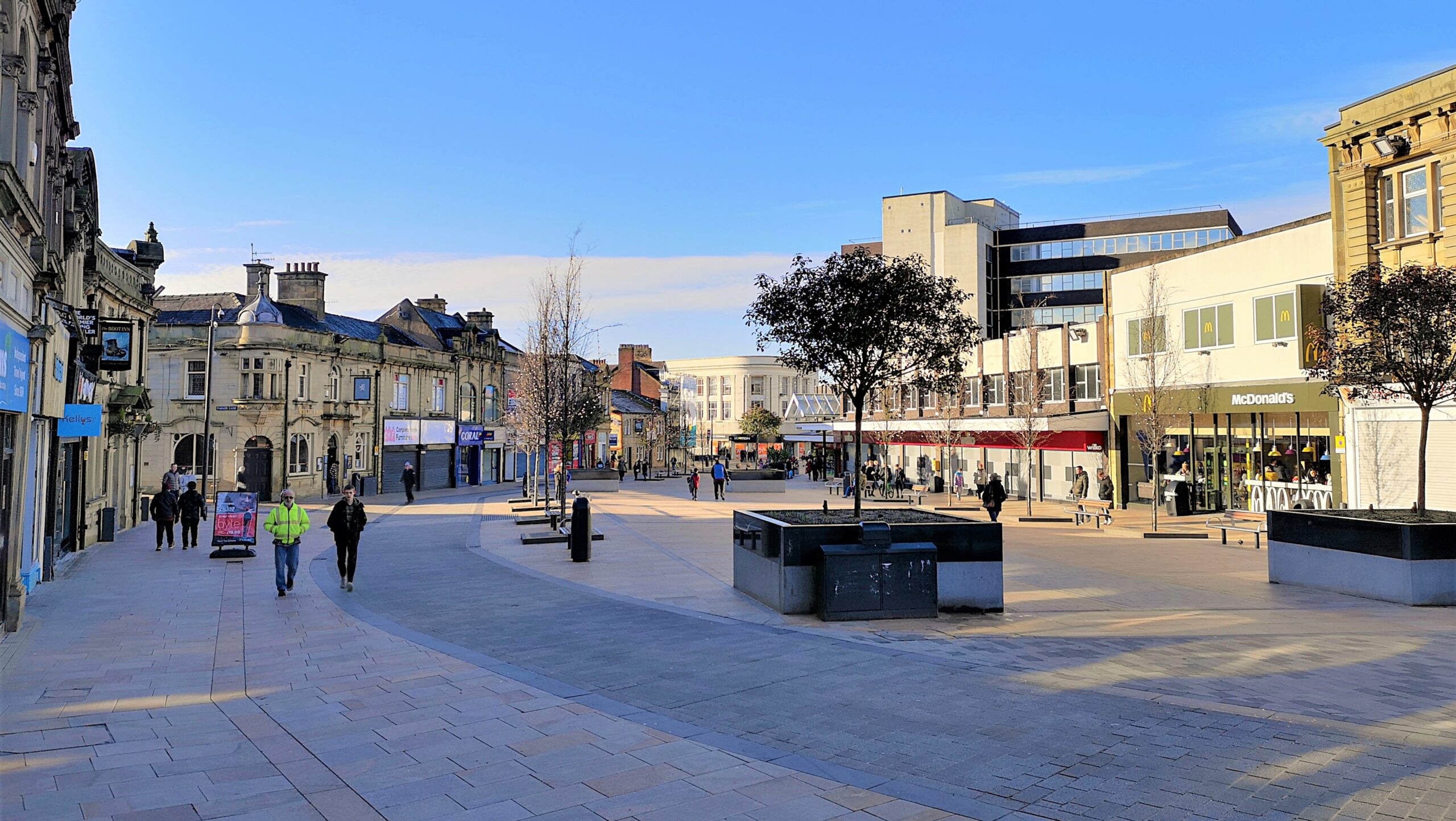
The Best Places to Buy a House in Burnley in 2024
We have enlisted the help of a local estate agent in Burnley Fardella & Bell to take a deep dive into the area. Aimee,...
When buying a house, the term “chain-free” may not sound important, but it actually carries significant weight when buying and selling homes. But what exactly does it mean to be chain-free in a house sale, and how does it impact the process? In this article, we will explore the ins and outs of chain-free transactions. […]
Lisa Best
22 February 2024
Table of Contents
When buying a house, the term “chain-free” may not sound important, but it actually carries significant weight when buying and selling homes. But what exactly does it mean to be chain-free in a house sale, and how does it impact the process? In this article, we will explore the ins and outs of chain-free transactions.
Table of Contents
In simple terms, a chain-free property sale refers to a transaction where the buyer or seller is not reliant on the sale or purchase of another property to proceed. Essentially, the seller can sell to you without finding another home. A chain-free buyer means the buyer is not reliant on the sale of a property to buy your home.
Imagine a scenario where a homeowner decides to sell their property and emigrate, so doesn’t have to purchase a new one to complete the transaction with you. Since they don’t need to coordinate the sale and purchase, they are considered chain-free sellers.
Pros:
Cons:
Pros:
Cons:
The timeline for buying a chain-free property can vary depending on factors such as legal processes, conveyancing searches, financing arrangements and surveys. However, transactions typically progress quicker than those involving property chains and can complete in a matter of weeks rather than months.
For example, the property might be chain-free, but if an issue arises on the survey, the same negotiations will need to be had regardless of whether the property is chain-free.
While uncommon, it is possible for a chain to develop mid-sale if either the buyer or seller becomes involved in another property transaction during the process. This can cause potential delays and be an added stress to buyers and sellers involved in the transaction. An example of this is a cash buyer who’s circumstances change, meaning they then need to get a mortgage or sell another property to finance the transaction.
While being a chain-free buyer may give you some leverage, the offer price should still reflect the fair market value of the property. It’s essential to consider factors such as property condition, location, and comparable sales when determining your offer price and not just the fact you are a chain-free buyer, as it won’t always be the deciding factor for a seller.
Selling your home to a chain-free buyer can offer several benefits, including increased certainty of sale and potentially faster completion. However, it’s crucial to carefully evaluate the buyer’s financial position and commitment to ensure the transaction takes place with ease.
Experiencing a collapsed property chain can be incredibly frustrating and stressful, but there are steps you can take to mitigate the situation and move forward:
In conclusion, chain-free house sales offer both buyers and sellers advantages such as reduced risk, faster transactions, and greater negotiation power. However, it’s essential to weigh the pros and cons carefully and consider individual circumstances when embarking on a chain-free transaction. By understanding the implications and nuances of chain-free sales, both buyers and sellers can navigate the real estate market with confidence and clarity.
From mortgages and insurance to viewings, offers, exchange and completion, our Buyers’ Guide will take you through everything, step by step, from start to finish.
© Copyright Propertyable 2024. All rights reserved.